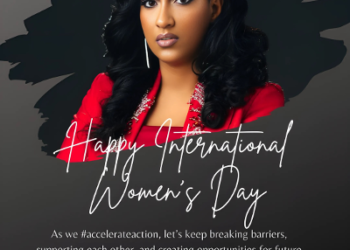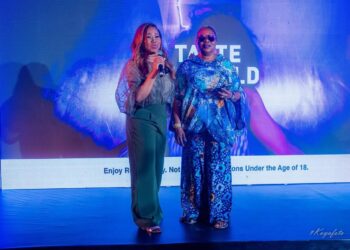The United States (U.S.) has confirmed that the Federal Government had paid for the war planes. It said the 12 Super Tucano fighter jets and other weapons it agreed to sell to the Nigerian to combat Boko Haram insurgents and other extremist groups would be delivered in 2020.
A News Agency of Nigeria (NAN) report at the weekend said a senior U.S. Department of State official made the disclosure during a background briefing with ‘selected reporters’ at the U.S. Consul-General’s Residence on Sunday in Ikoyi, Lagos, the.
The official, who confirmed that the Federal Government had paid for the war planes, said sale of the aircraft with weapons and services worth over $400 million included bombs and rockets.

The NAN report said that the propeller-driven plane with reconnaissance, surveillance and attack capabilities is made by Brazil’s Embraer.
Embraer’s second production line is in Florida in a partnership between Embraer and privately held Sierra Nevada Corp of Sparks, Nevada.
The Super Tucano is said to cost more than $10 million each and the price could go much higher depending on the configuration. It is powered by a Pratt & Whitney Canada PT 6 engine.
On the planned visit by the President to the White House on April 30, the official said Buhari would be the first African president to meet U.S. President Donald Trump at the White House.
The U.S. official was quoted as saying: “We are excited about the planned visit by President Buhari as the first African leader to be engaged by President Donald Trump at the White House.
“The most important is that it is in Washington. It will be a very high level meeting; it will help the U.S. to also understand Nigeria’s projection.
“There will be independent conversation on security, governance, the Lake Chad Basin and Nigeria’s role as a democratic leader in the region.’’
Commenting on the 2019 general elections, the official said: “U.S. will remain non-partisan as it had the commitment to continue to support Nigeria’s elections.
“We’ll continue to help Nigeria’s security agencies to build capacity, not only in Nigeria but other countries in Africa,’’ the senior U.S Department of State official said.
On the Independent National Electoral Commission (INEC), the official noted that the electoral umpire had benefited from the U.S. in several ways in ensuring level playing field for all interested parties.
The official, however, tasked the Nigerian media to be professional in their reportage as the 2019 elections get close.
“The media should be able to inform the public on the processes leading to the election proper; you need to educate the public on the importance of Permanent Voter Card (PVC), and this should not be left to INEC alone to handle.
“The media should allow transparency in their relationship with politicians and in carrying out their responsibilities,’’ he added.








